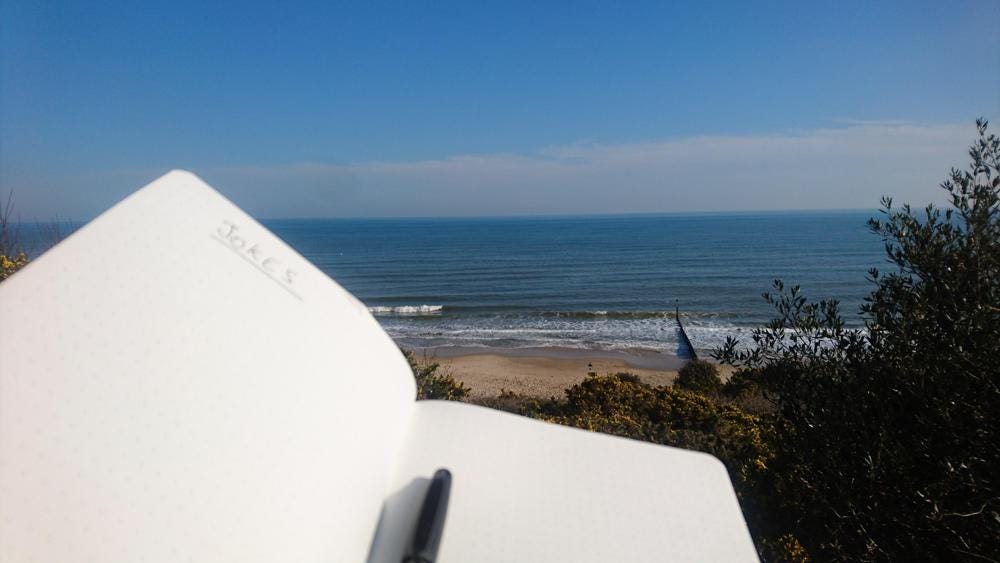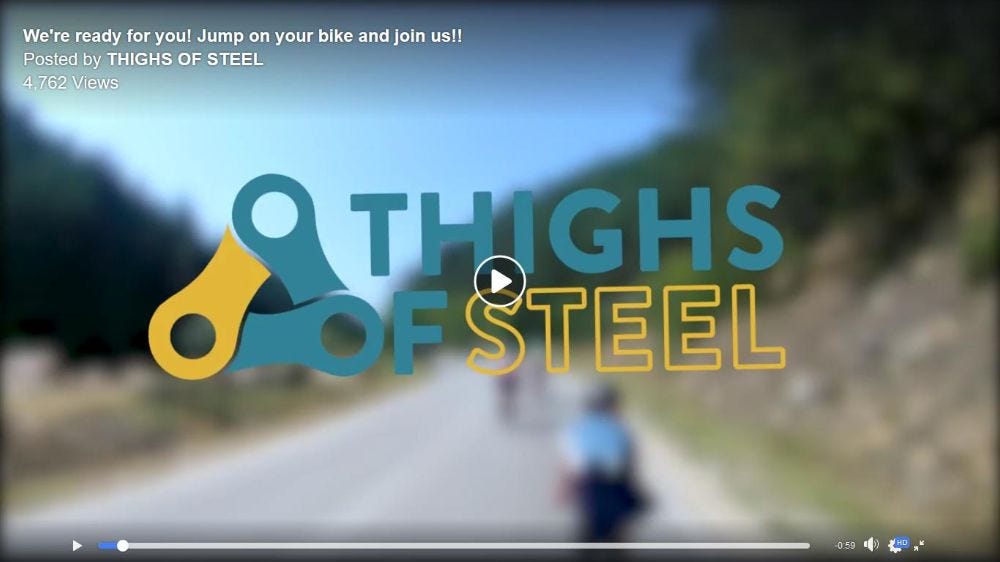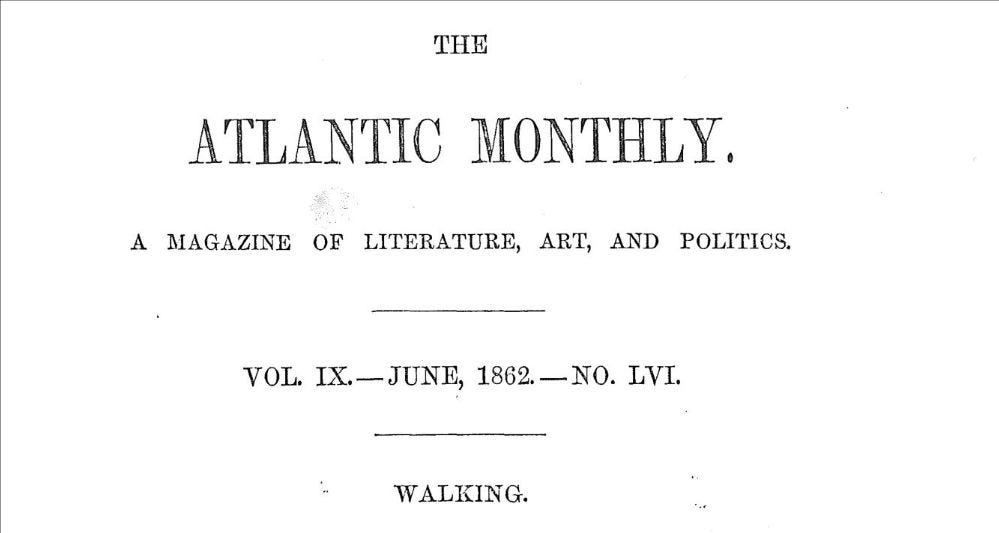What's the weather got to do with comedy?

Happy Friday!
This week I believe in the secret of comedy...
I'm spending a lot of my time at the moment working on Foiled. When I'm not working on Foiled, I'm usually either eating, sleeping, or wondering where comedy comes from.
I've turned these wonders into a series of short musings on the craft, which I'm hoping you'll forgive me for putting down here. This email really is the mirror of my soul - after Foiled has finished I'll probably go back to writing about trees and microdosing and refugees!
But until then, you've got me on comedy.
The secret of comedy, they say, is timing. This is such a well-known truism, that it has, in its fame, become false.
The only remaining secret of comedy is the weather.
Like a meteorologist, comedians (by which I mean anyone attempting to make another person laugh, whether professionally or not) see the world around them in topographies of pressure.
They are constantly monitoring the world around them for areas of rising pressure that they can lance like cloudbursts with their wit.
The well-timed release of such pressure is what makes people laugh.
Ah – timing!
Yes, timing, although no longer much of a secret, is still important to comedy.
Lance too early and there is no pressure to release; lance too late and all kinds of things might go wrong. In stand-up, the audience might have got bored with the preamble; in conversation, they might have moved on to a different subject; in conflict, they might have got too wound up and become closed off to a comic intervention.
Say the wrong thing at the wrong time and the atmosphere can turn pretty sour.
That's why the BBC won't let us have a plot-line about a missing stylist - even though she wasn't missing at all, but on holiday. They don't want to risk the atmosphere turning sour.
Part of reading the meteorological chart of conversation is knowing not only when and where pressure is building, but also whether to lance that pressure at all.
Not all human interaction is served by comedy. There is a reason why lawyer and stand-up are separate professions. It's not that the lawyer can't use comedy, nor the stand-up evidence and argument, but each will favour the discourse style of their field.
You may spot the perfect moment to lance the pressure in a tense negotiation over the custody of your children during divorce proceedings; that does not mean that the judge will look favourably upon a hilarious reference to his wig.
On the plus side, you will know almost instantaneously that you have misread the comic moment. If you are sensitive without being precious, you use this failure to calibrate your instruments.
What are your instruments? Simply: your eyes and your ears. But more on that next week.

Saddles for this year's Thighs of Steel charity bike ride are now up for grabs!
Check out the video for some inspirational shots of people cycling in the sunshine - bonus points if you can spot my backside.
Then sign up to join me for a week of steely thighed adventure - I'll be in the core team for Rome-Bari, Dubrovnik-Corfu and Corfu-Athens!
SYLVA
It is natural for a man to feel an aweful and religious terror when placed in the centre of a thick wood. John Evelyn (1664)

I recently read The Atlantic essay Walking by Henry David Thoreau, published in June 1862. Firstly, how thrilling it is to read that by-line set in the 21st century medium of the Internet. Praise The Atlantic for doing such a beautiful job - imagine Punch or The Times delving so deep into their archives.
Walking touches upon an almost scatter-brained variety of tangentially related topics. I'm never sure whether the 19th century mind was more nimble, or simply that writers of yore lacked the affection of competent editors.
The essay is worth reading in its entirety - if only for his enthusiastic side-swipes at the small-minded European mentality (even the moon looks smaller there!) - but I wanted to pick out three themes that particularly caught my eye.
The Value of Time Spent in Nature
I think that I cannot preserve my health and spirits, unless I spend four hours a day at least—and it is commonly more than that—sauntering through the woods and over the hills and fields, absolutely free from all worldly engagements.
The Inexhaustibility of Local Walks
My vicinity affords many good walks; and though for so many years I have walked almost every day, and sometimes for several days together, I have not yet exhausted them. ... Two or three hours' walking will carry me to as strange a country as I expect ever to see. A single farmhouse which I had not seen before is sometimes as good as the dominions of the King of Dahomey.
The Re-Wilding of Humankind
I saw one day a herd of a dozen bullocks and cows running about and frisking in unwieldy sport, like huge rats, even like kittens. They shook their heads, raised their tails, and rushed up and down a hill, and I perceived by their horns, as well as by their activity, their relation to the deer tribe.
But, alas! a sudden loud Whoa! would have damped their ardor at once, reduced them from venison to beef, and stiffened their sides and sinews like the locomotive. Who but the Evil One has cried “Whoa!” to mankind?
If you like this sort of thing, then you'll probably also like my back catalogue of over 500 posts, all found at davidcharles.info.

Listen to Pen Pals on BBC Radio Wales. Dan Kiss, comedy writer and Foiled alumnus, is the only person in Britain actually delivering on Brexit.

I've published 5 books, including stories of hitch-hiking from London to Ben Nevis, and cycling 4,110 miles around Britain. Visit my tiny book shop.
The ebooks are Pay What You Want, so you choose the price tag. Can't say fairer than that.
I bumped into a BBC Wales commissioner at the outrageously wonderful Tickles & Tarts last night; better get back to writing Foiled, I guess.
Much love, - dc

CREDITS
David Charles wrote this newsletter. David is co-writer of BBC Radio sitcom Foiled, and also writes for The Bike Project, Elevate and Thighs of Steel. Reply to this email, or read more at davidcharles.info.


